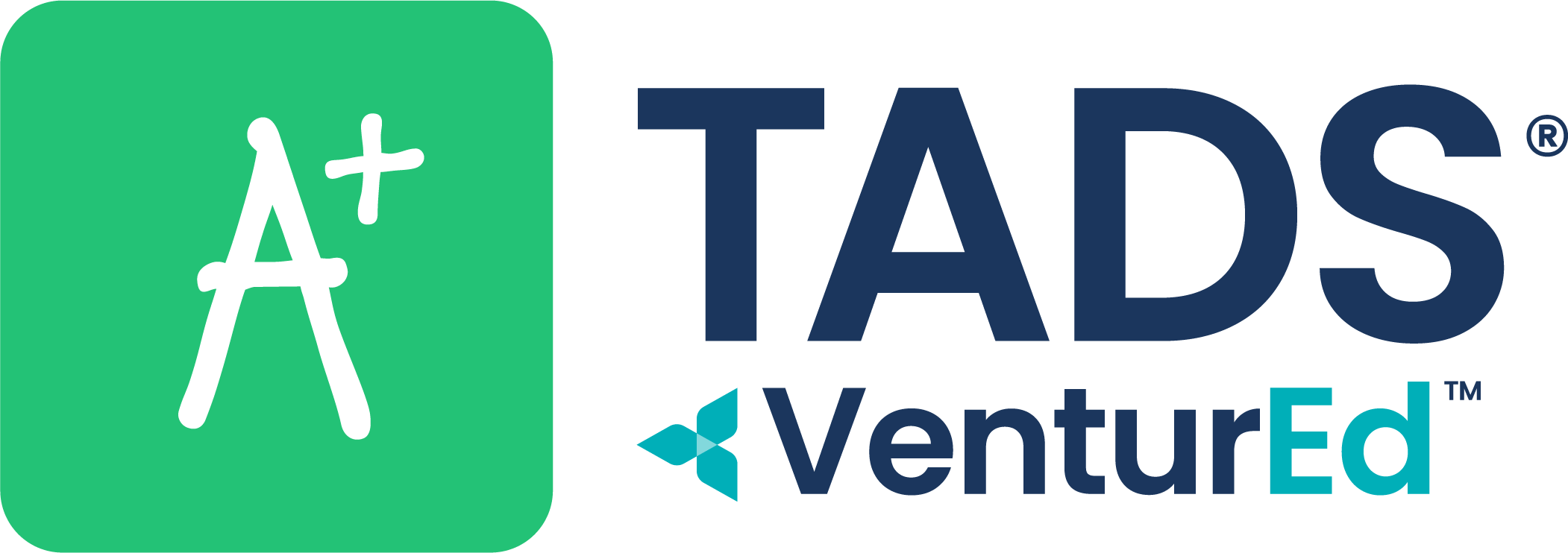
It’s no secret families desire regular communication from school faculty, especially concerning their student’s academic progress. But since the start of the global pandemic, many families have expressed concerns over a lack of sufficient communication from their children’s schools.
Ultimately, families would like to know what their student is learning in the classroom to facilitate their learning efforts at home as best as possible. They also want to ensure their child is on track. As a result, families wish to access everything, from assignment grades to attendance track records.
The Brookings Institute reported an example of this hunger for family-faculty communication amidst COVID-19. The Pittsburgh Learning Collaborative introduced a communication hotline for families to gain resources and guidance to aid their student’s learning. Within the first month, they received 1,000 calls!
3 Ways to Foster Communication and Gather Feedback From Families
Regularly communicating with families is a critical component of student retention. Positive relationships with families will improve their experience with your school, significantly impacting whether they re-enroll their students the following year.
Outside of parent-teacher conferences and school functions, here are a few ways you can foster regular communication with families:
- Email: From our research, 93% of schools reported sending email communications to families. Of those schools, 76% said they believed sending emails was the most effective way to communicate with families.
- Text: Text updates are also an efficient, easy way to communicate with families. Text messages have a near 100% open rate, making it less likely for families to miss critical updates. Plus, many caregivers may not have email set up on their smart devices. Schools can send class cancellation notices, fee reminders, and performance updates via SMS text messages.
- Phone hotline: As the Brookings Institute report from 2020 demonstrated families want to collaborate with schools. Private and independent schools can encourage partnership by introducing a helpline, which can act as an additional resource to guide and support families as they oversee their children’s remote learning.
Student Management Made Easy With Student/Parent Portals
In addition to keeping on top of their student’s academic progress, families want to stay up to date with a school’s logistical news, including access to information about class curriculums, digital academic calendars, scheduled field trips, faculty news, and more. An easy way to provide this information is through email newsletters and online student/parent portals. Centralized student information systems can provide families with instant access to the information they want, including:
- Student grades/report cards
- Class curriculum information and assignments
- Student attendance records
- Athletic, arts and extracurricular/club updates and information
- Volunteer information
Improve Family Experience by Leveraging Feedback
Families also want to be involved in a school’s decision-making processes and are interested in providing feedback, which is great news for schools. Faculty can leverage feedback and data from families through open houses, parent-teacher conferences, surveys, and online communication portals. The information can help schools improve their curriculums, communication efforts, and the overall experience a family and student have with their school.
Contact TADS Today for Streamlining and Simplifying Student Management
Simplify and streamline information tracking through our centralized Student Information System. Easily track and update student schedules, transcripts, and other information to improve communication with families and their overall experience with your school. Contact us today to learn more about the capabilities of our services!
